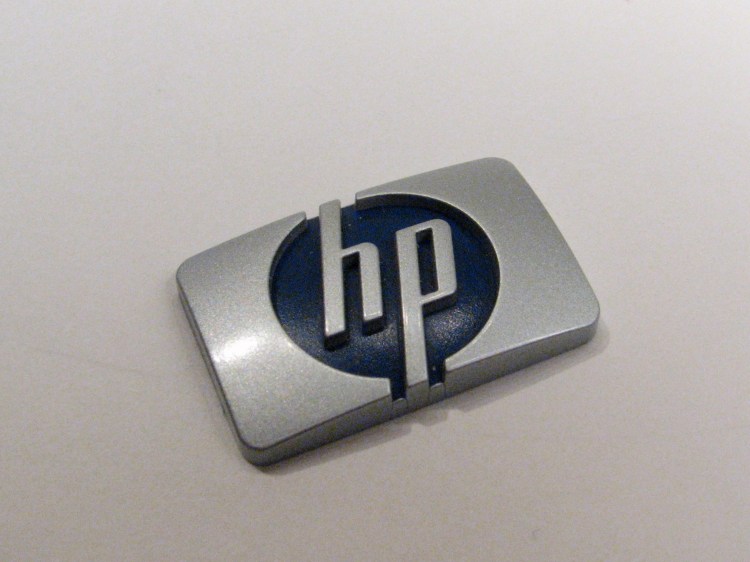HP today announced that on Jan. 31, 2016, it will stop offering its public cloud for running companies’ applications.
There was talk that HP was ditching the public cloud, which currently goes by the brand name Helion, a few months ago, as the result of a confusing statement in a New York Times article. Now the move is official, with HP senior vice president and general manager Bill Hilf making things crystal clear in a blog post:
[W]e will sunset our HP Helion Public Cloud offering on January 31, 2016. As we have before, we will help our customers design, build and run the best cloud environments suited to their needs — based on their workloads and their business and industry requirements.
HP, which is splitting into two companies, HP Inc. and Hewlett-Packard Enterprise — will continue to offer its commercial distributions of the OpenStack open-source cloud software.
The exit from the public cloud market will not catch a whole lot of people off guard. Earlier this year, technology analyst firm Gartner excluded the HP cloud from its big report on the infrastructure as a service market, noting that “it no longer has sufficient market share to qualify for inclusion in this Magic Quadrant.” Damning words, yes, but not surprising to those who keep an eye on which clouds companies are using when they want to deploy applications.
Amazon Web Services has helped build the public cloud market and now represents more than $6 billion in annual revenue, and it’s just a small part of Amazon. Google Cloud Platform and Microsoft Azure are lagging behind, but at least one hears about these clouds being chosen. With HP cloud, well, I think I heard about one or two companies using it.
RIP HP Helion public cloud, 2011-2016.


